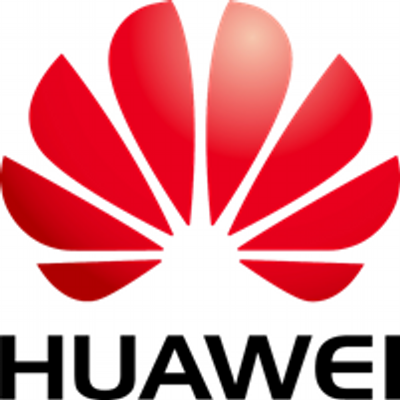China's largest smartphone maker Huawei has announced it would back Apple in its fight against the U.S. law enforcing authorities, in the controversy related to unlocking an iPhone belonging to a suspected terrorist.
The standoff between law implementation and consumer privacy is one of the raging debates now, as Apple is locked in a fight with the U.S. government over the iPhone unlocking issue, claiming that the company considers consumer privacy as its utmost priority. In fact, Apple CEO Tim Cook has already expressed his company's plant to contest a court order directing the Cupertino tech titan to assist the investigating authorities by hacking into an iPhone of a terrorist killed in an attack in San Bernardino, California, recently.
Taking sides with Apple and joining the ranks of other tech majors on the issue, Richard Yu, the CEO of Huawei's consumer services division, said that every smartphone manufacturer considers consumer to be their topmost priority, Bloomberg reported. Yu shared his views on the issue at the ongoing Mobile World Congress in Barcelona, where Huawei launched its first ever laptop.
It is interesting to note that Huawei is the first Asian smartphone maket to come out openly in favor of Apple in the ongoing dispute. Google, Facebook, Yahoo and other tech majors in the Silicon Valley have already extended their backing to Apple's cause. Huawei's support for Apple assumes significance not only because the Chinese tech company is the third largest smartphone maker in the world, after Samsung and Apple, but also because it is an indication that all smartphone makers worldwide are determined to resist all incursions by governments across the world, even in cases involving suspected terrorists.
Meanwhile, several tech experts also extended their support to Apple's decision, CNBC reported. The media outlet quotes Tim Bajarin, president of Creative Strategies, as saying, "His priority is to provide privacy to [Apple] customers," adding, "If [Cook] gave the FBI the 'back door' encryption code, it would set a precedent."
According to Bajarin, the government is positioning the ongoing issue as an isolated case, but the way the justice system works, it will become a precedent, and when a precedent is set, the government or other cases refer to this case and use this to get the same results in the future.
Watch the video on Apple Vs. the FBI explained below:


